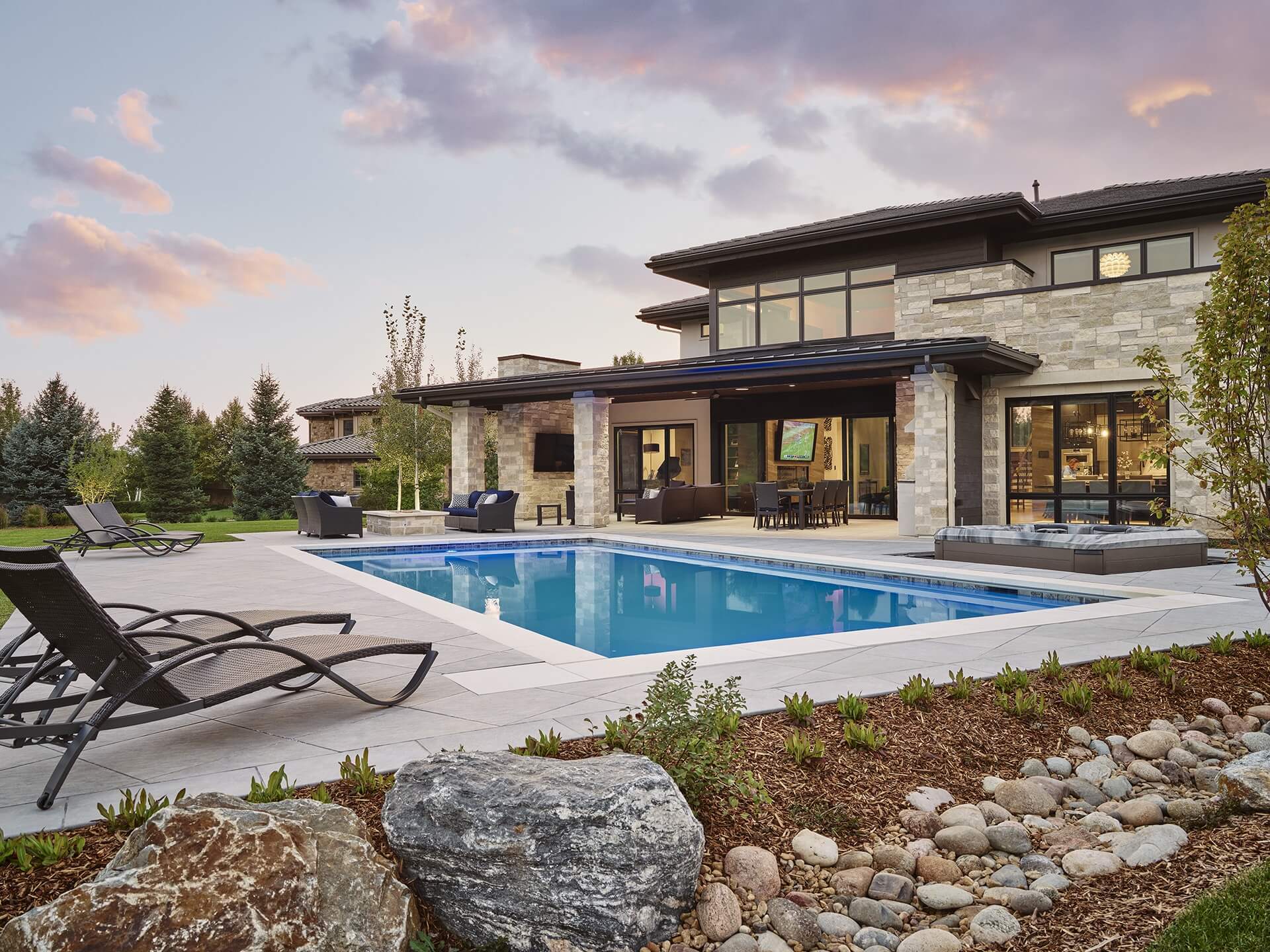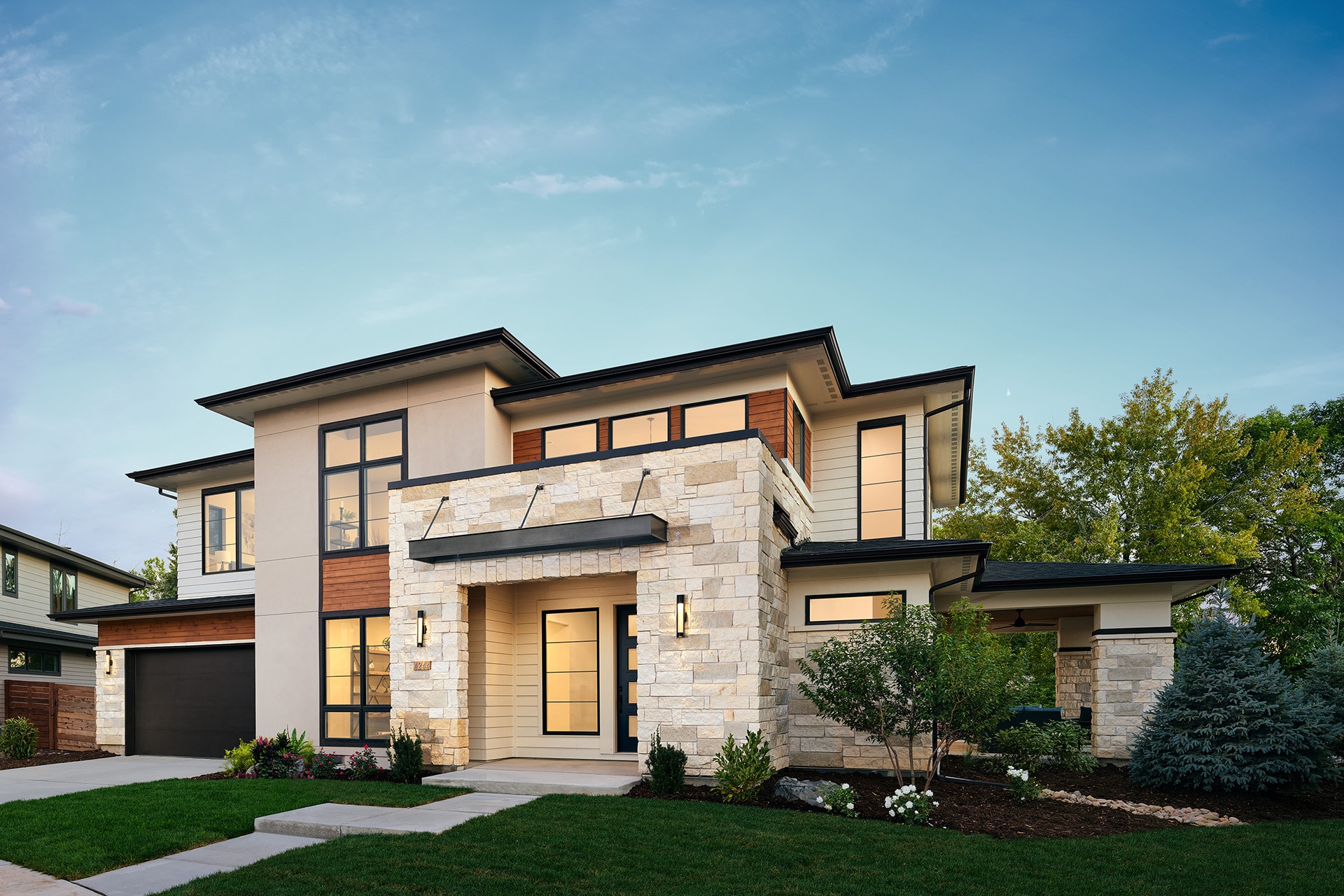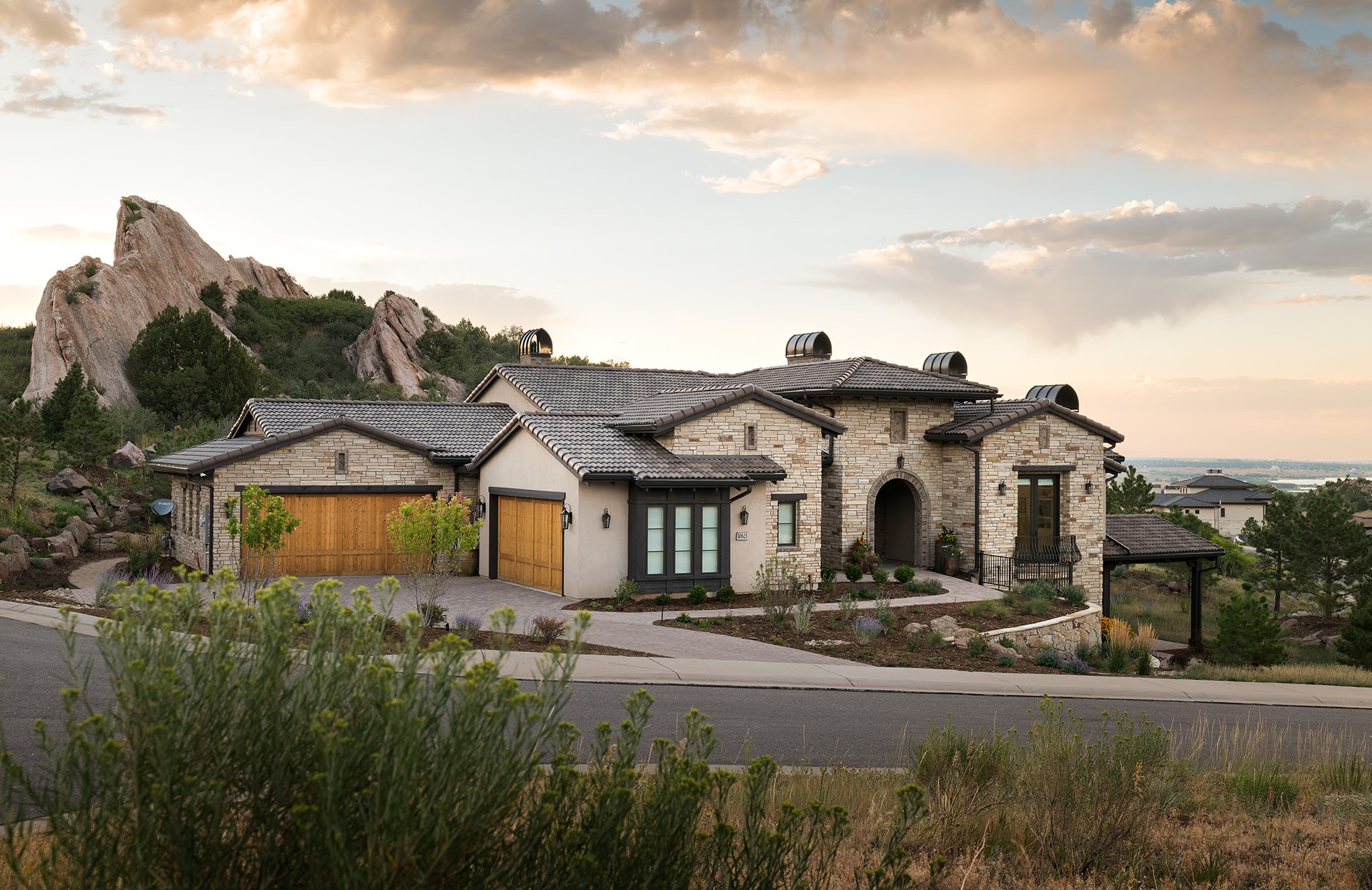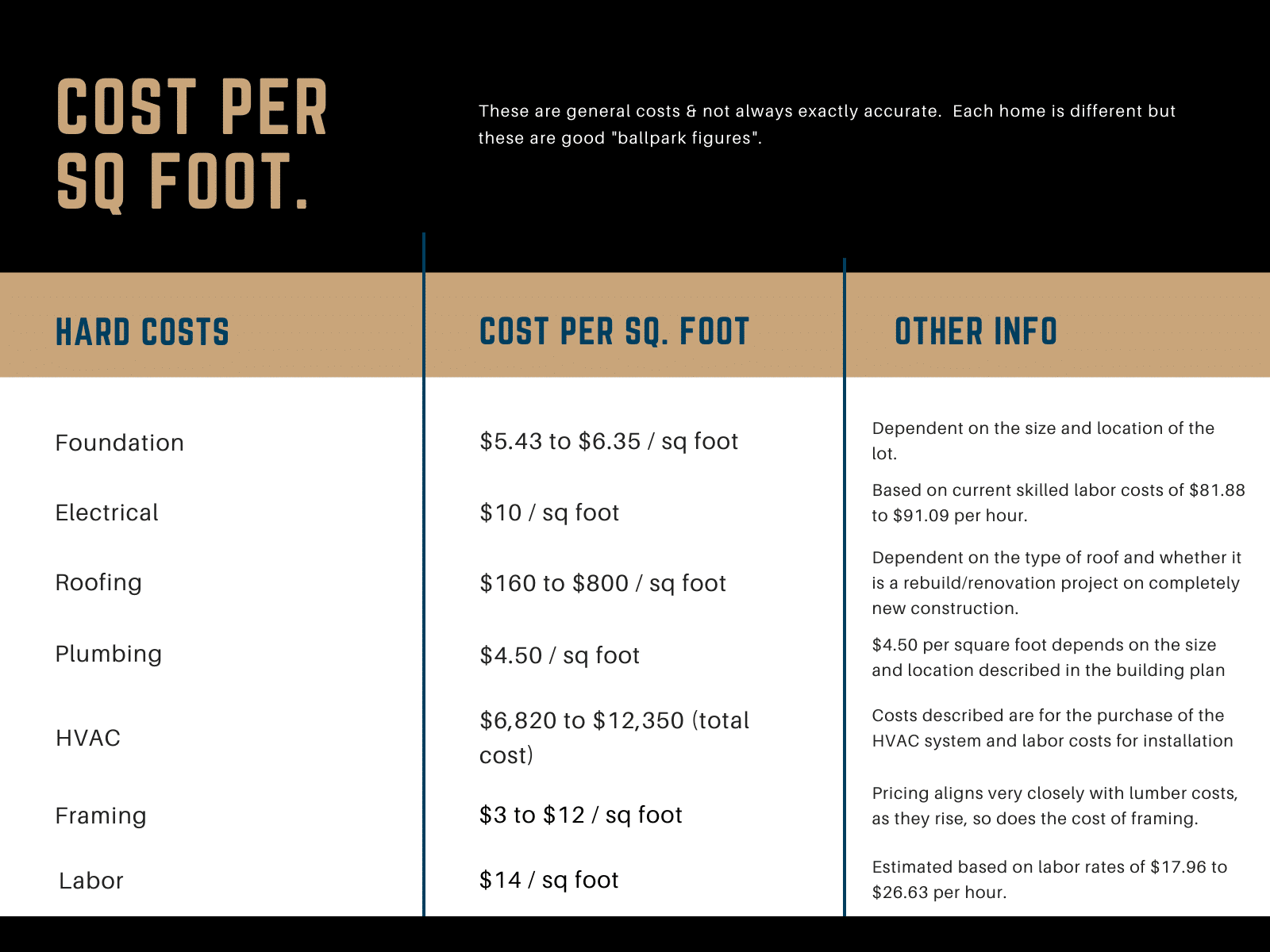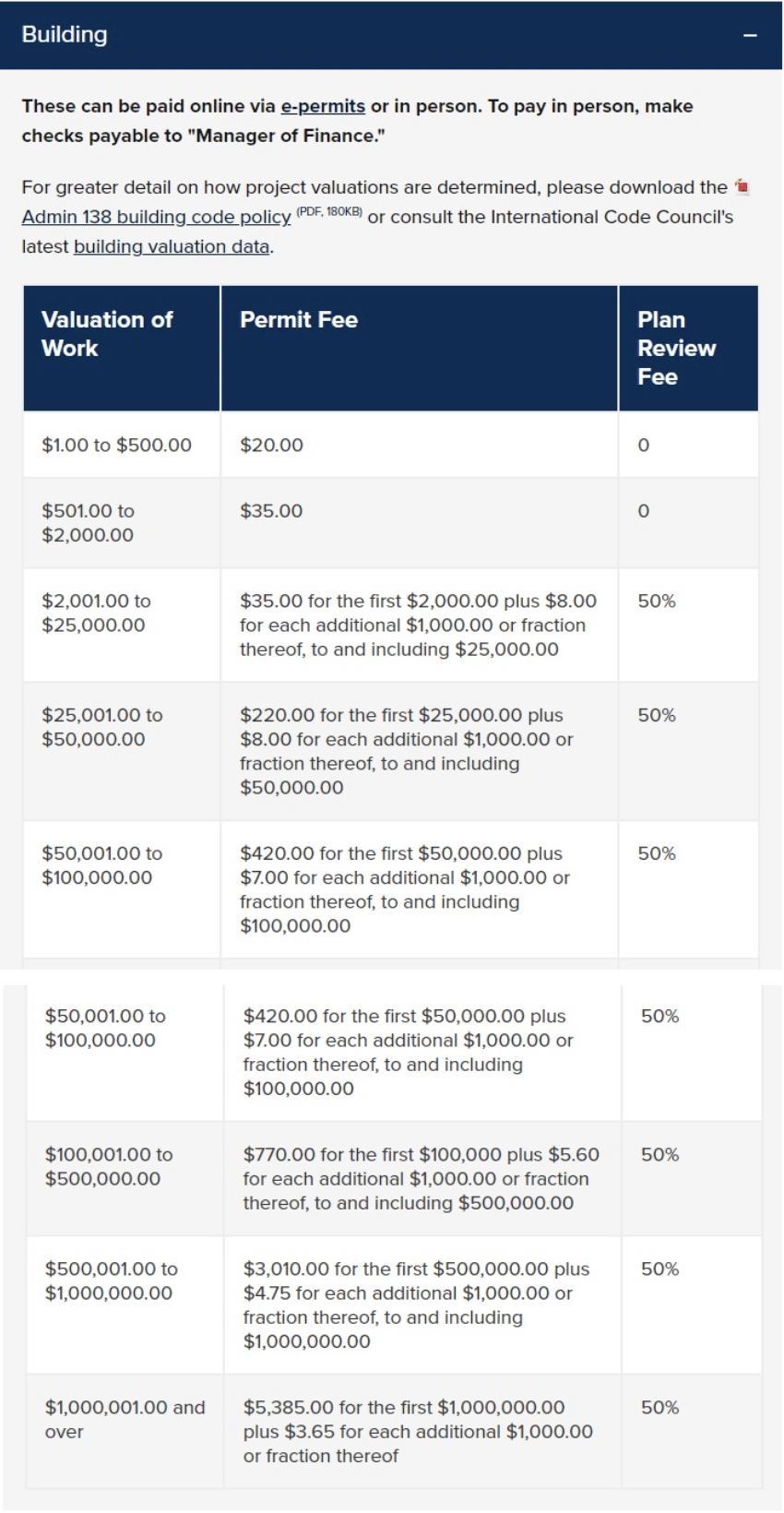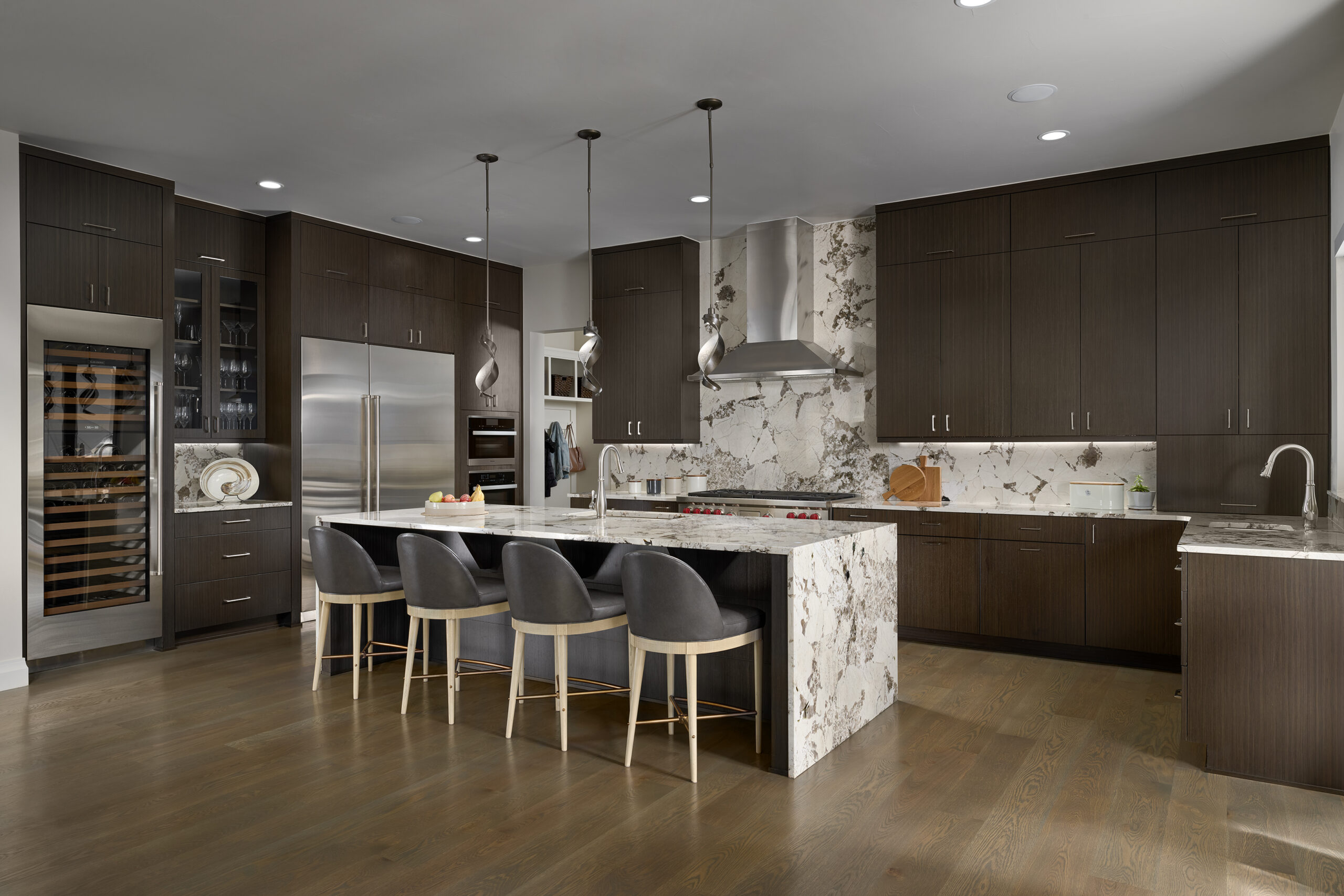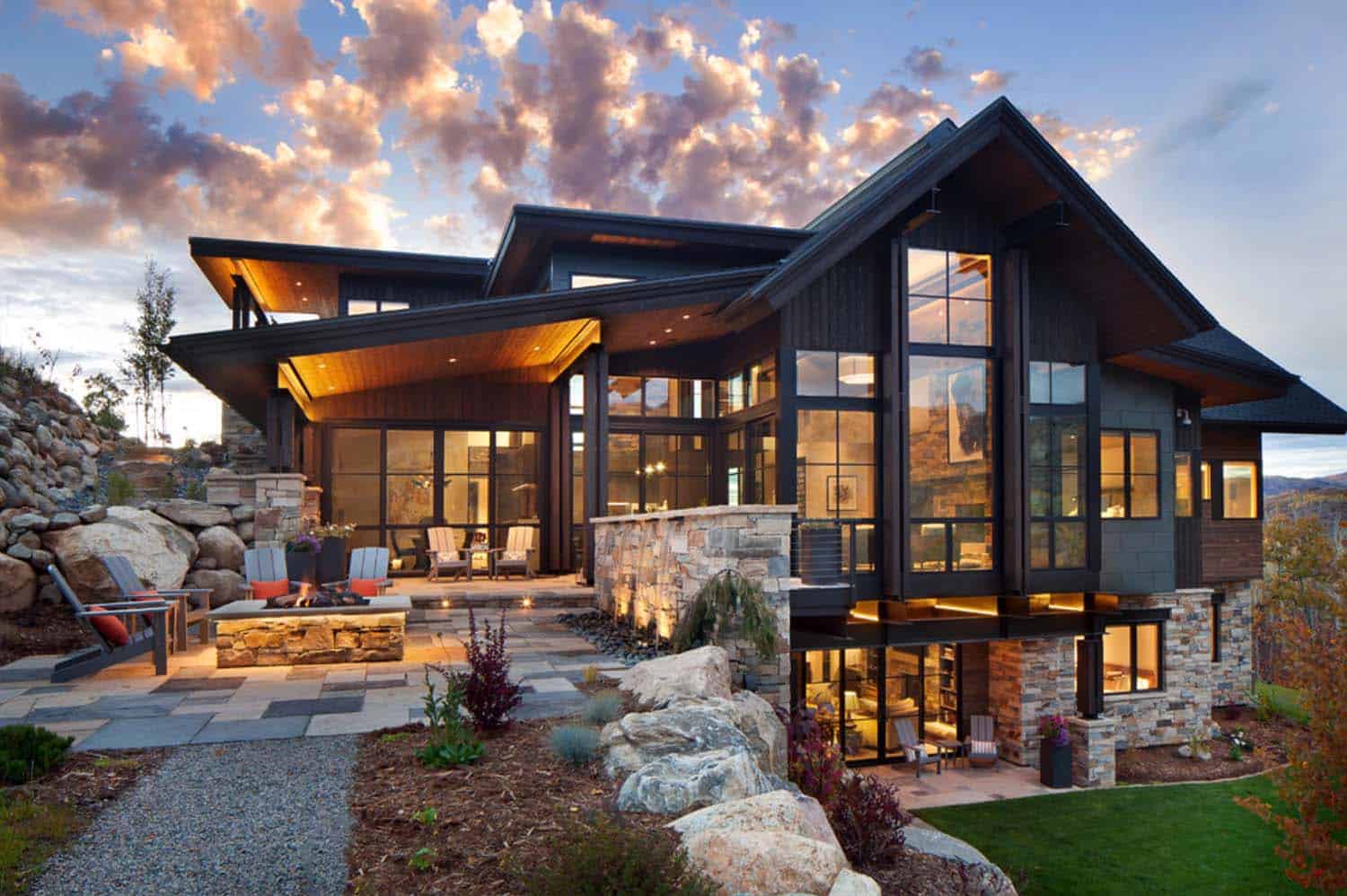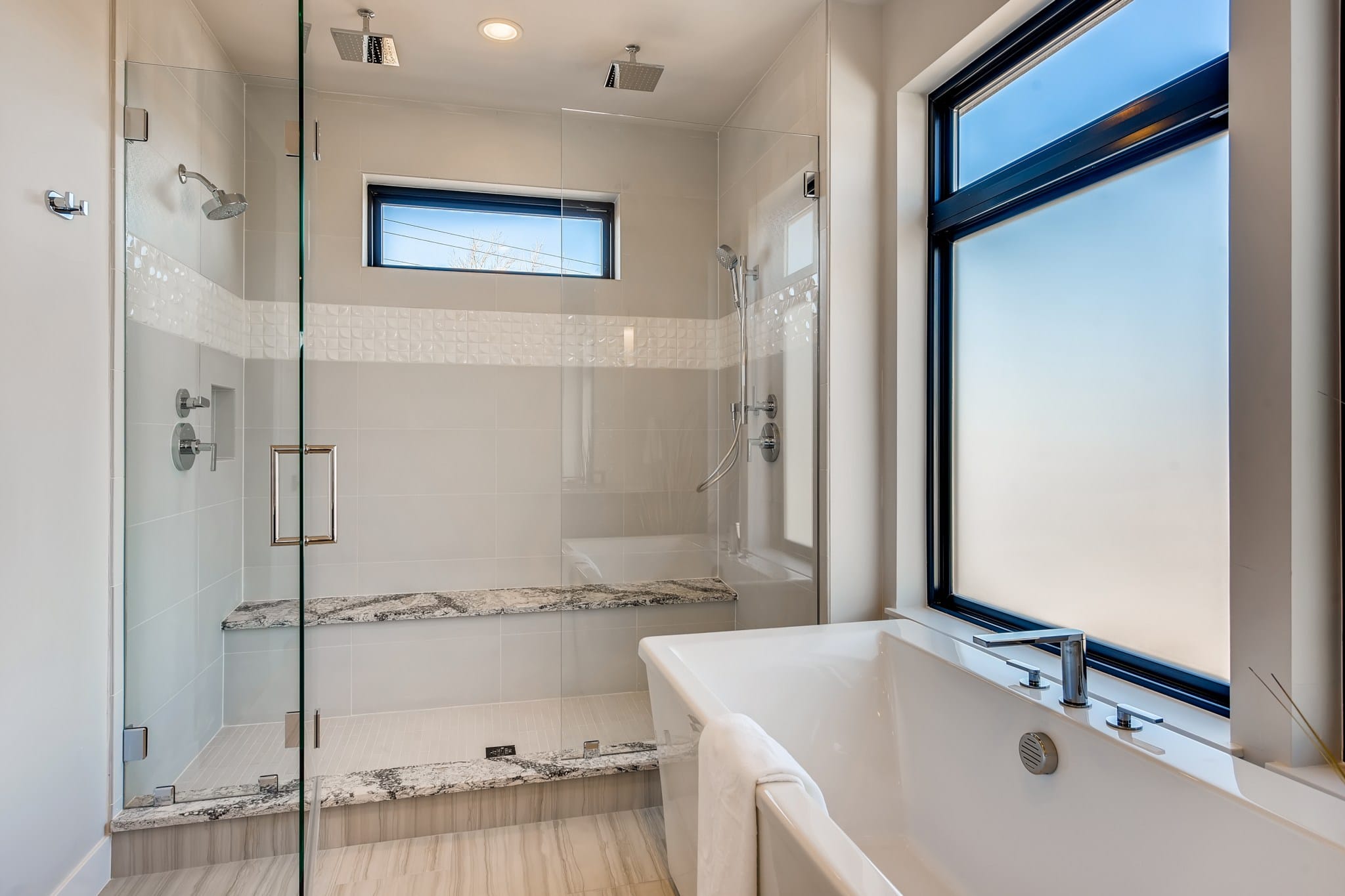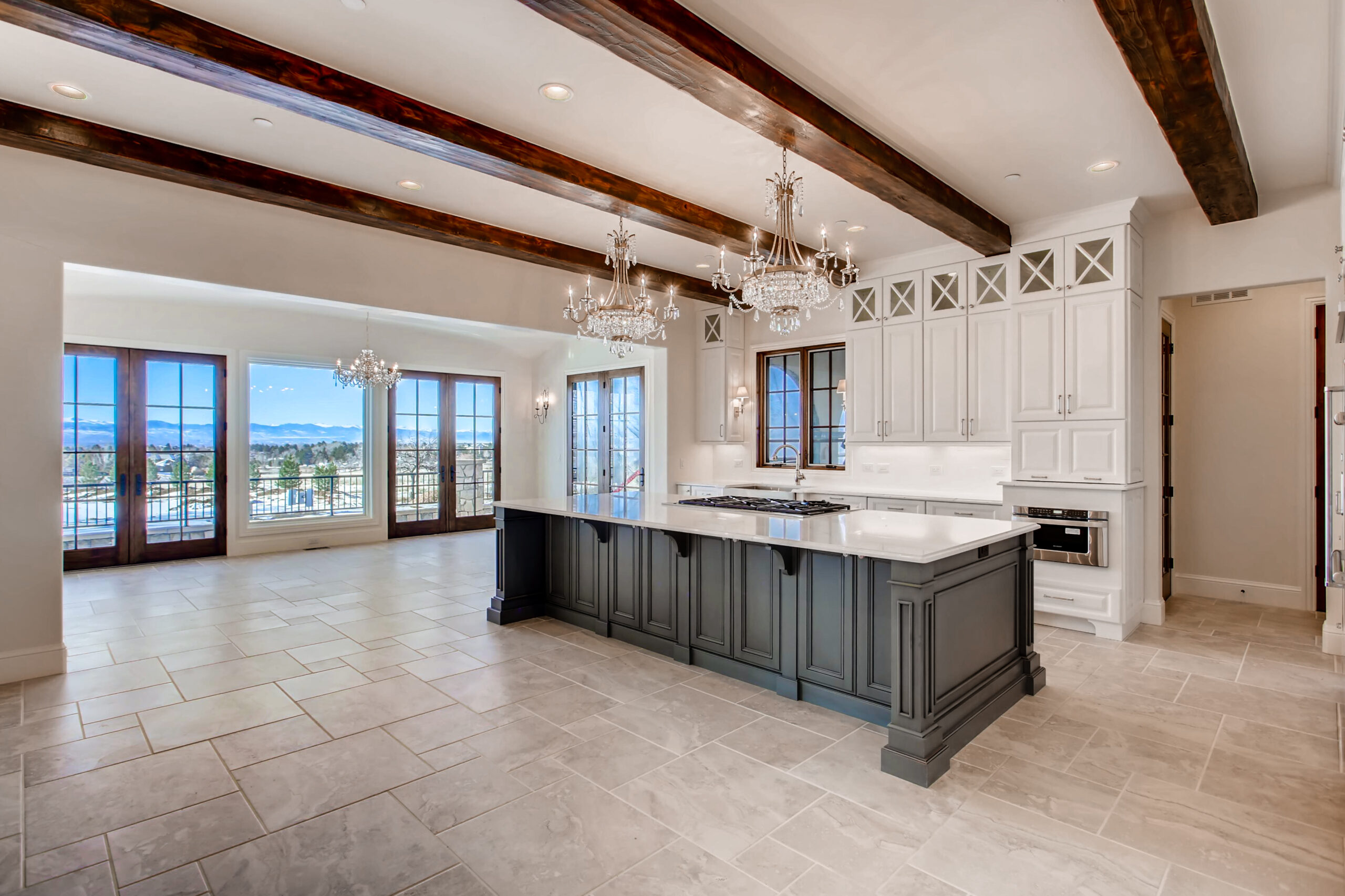The Top 10 Questions You Need Answered When Building A Custom Home In The Denver Metro Area.
Are you planning to build a luxury or custom home in the Denver Metro Area? Ready to proceed but unsure of what steps to take? That’s alright- every one of us started somewhere, and last time we checked, people weren’t born with an innate knowledge of the Denver custom and luxury home building industry. Remedy your condition with this list of the 10 most important custom home building questions.
We’ll focus primarily on Denver and its surrounding cities and suburbs, but the underlying fundamentals should hold true for almost any market in the US. In this FAQ On Building A Home In Denver you will find everything you need to guide you.
FAQ On Building A Home In The Denver Metro Area FAQ #1 – What is the difference between a spec home and a custom home?
The first thing we’ll cover is the significant difference between a true custom home and a spec home. Depending on how early in the build you purchase the spec, you may get limited options to select – you may get none. you’re severely hampered in your ability to craft your home around your lifestyle. Custom homes offer more freedom and are purpose-built to suit you and your family’s needs.
A custom home is a unique, one-of-a-kind home designed for a customer from the start. The customer gives input on the design, gets to select all finishes and features, inside and out, making it a truly customized home. A spec home is a home a builder builds, then lists on the market, speculating that an interested buyer will come along and purchase the home.
What are spec homes?
Spec homes are those homes built for a general buyer, without a specific individual in mind. Its design, features, and specifications are a mix of what the builder thinks will appeal to the widest possible audience to maximize what they can charge for the homes and ensure they’re able to move units off their books quickly after finishing construction. Buyers are typically given a few different options (or no options if the home is completed or nearing completion), as far as home plan layouts, colors, products, and some fixtures- much like you’d have when choosing options when you’re buying a car- only it is upgraded Kohler faucets and Miele coffee makers instead of heated leather seats and chrome wheel trim.
However, you should keep in mind that these homes are built with one thing in mind- profit. The builder is not running a charity and will do everything they can to maximize what they make from each house they sell. It’s not uncommon to see entire developments of spec homes that are built to code, but with little regard to the “user experience” that you’ll have actually living in the home. Little things like electric outlet placement, the range on your stove, and the railings to your stairs seem like inconsequential details, but they can have a major impact on how you live in and enjoy your home.
Your choices are fairly limited with spec homes and you’ll be restricted in your ability to build your home to suit your individual lifestyle. That’s not to say that spec homes are by necessity inferior to custom homes- builders create some fantastic spec homes- it is just that buyers are often left wanting more, particularly in the luxury space where you’re spending a $2M+ million dollars to get into a home.

